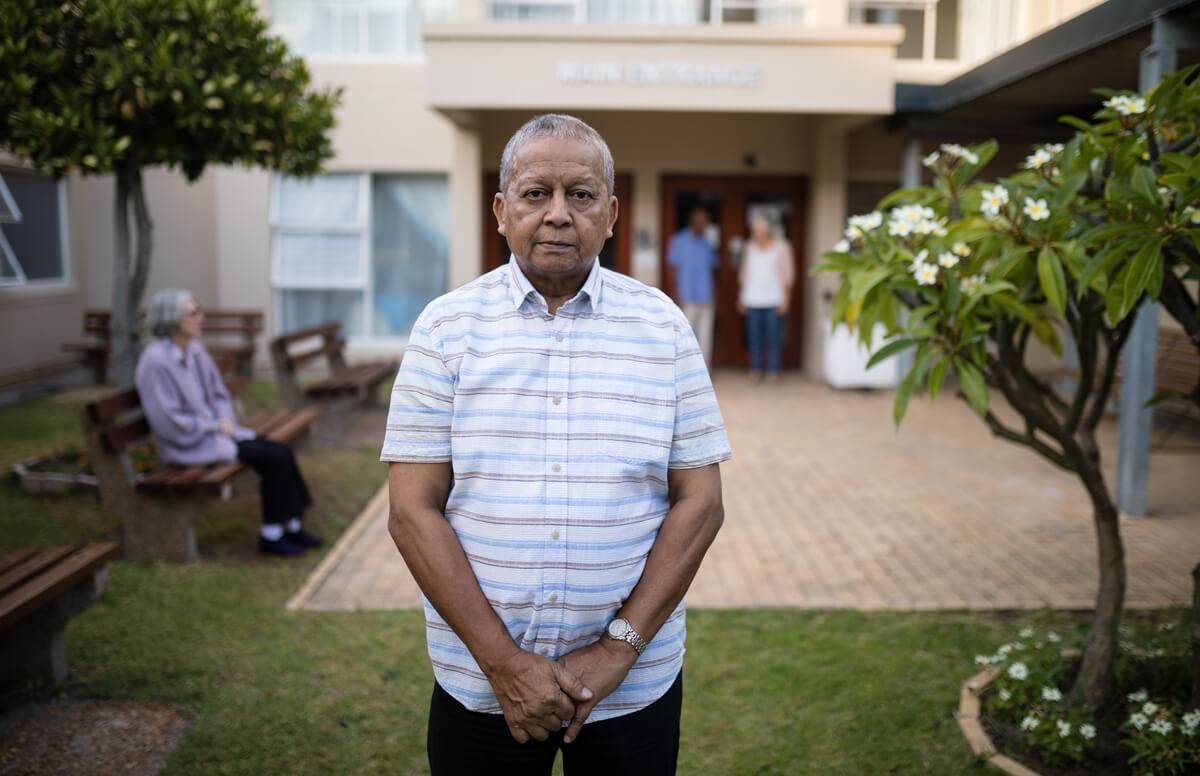When Should You Move Your Parent Into Your Home?
Take some other steps first, an expert advises
(Editor’s note: This is the 18th in the Next Avenue “When Should You…” series on aging milestones for parents or loved ones. With our partners at the Benjamin Rose Institute on Aging, we address common caregiving concerns.)

If you are thinking about moving your parent in with you, ask yourself what’s going on in his or her home that’s made you think your mom or dad would be better off in yours.
In many cases the concerning issues — our parent isn’t eating right, the house isn’t as clean as it used to be, bills aren’t getting paid, doctor's appointments are being missed, you get a call from your mom or dad at work 3 or 4 or 5 times a day, among others — don’t necessarily mean your parent needs to move in with you. They may mean your dad or mom (or both) needs help staying in his or her home.
“First, try bringing help into the home,” advises Judy Verba, a social worker at Benjamin Rose Institute on Aging in Cleveland. “If that doesn’t work, it probably is time for them to move, but don’t assume they should move in with you.”
The decision to bring your parent or parents into your home shouldn’t be made quickly. Verba also stresses, “It must be a decision that’s right for them and you.”
Right Doesn’t Mean Easy
To arrive at the “right” decision, you need to share with your parent your concerns about his or her safety, well-being and care. And where possible, your parent needs to share with you any concerns about moving.
“Whether the decision is to move in with you, or someplace else, it must be mutual,” says Verba.
You also need to consult your parent’s primary care physician or a geriatrician.
Verba explains: “That will give you good insight into their overall health status, the progression of any chronic conditions, and what to expect — and plan for — as their care needs change.”
Asking Questions
Ask yourself, and immediate family members, these hard questions, too:
What kind of relationship do you have with your parent?
“In theory,” says Verba, “if the relationship has been good, you’re in the best position to provide the best environment and care.”
Is your home the best option?
“Don’t just think about the home’s physical environment and location,” says Verba. “While it works for you, if it moves them away from their community, it might not work for them.”
What are the challenges you should expect?
The family dynamic will change. “When another person is added to a household,” says Verba, “it pushes everyone out of balance until they figure out how the new situation works.”
Household expenditures — for utilities, special foods, grab bars, transportation, and the like — will go up. “That is why it’s important to sort these kinds of issues out before the move is made,” says Verba.
The parent’s care needs will increase. Says Verba: “Those increased needs will require more of your time and energy, which could lead to cutting back on time with other family members or ignoring your own health needs. It might even force you to cut back on — even give up — employment, too.”
What kind of help and support can you expect from your siblings?
The amount you receive from your brothers and sisters depends on your family.
“Sometimes they are so relieved you have taken the lead that they do everything they can to support you,” says Verba. “Sometimes they feel absolved from responsibility. And sometimes they never get with the program and you just have to deal with their snipping and snide remarks.”
Rewards Are Real
While the challenges that come with caring for a parent in your home are real, so are the rewards.
“You are both going to know that they are living where they want,” says Verba. “And you both get to know each other in a unique way and at a unique stage in your lives.”
For many adult children, it’s also a chance to show their love and gratitude. “Their parent cared for them when they needed it and now they can care for their parent when they need it,” says Verba.

is an over 110-year old Cleveland-based nonprofit organization whose mission is to support caregivers and empower all people to age well through research, consumer-responsive services and client advocacy. Visit us at benrose.org

